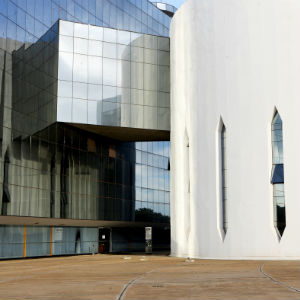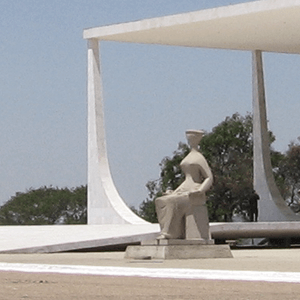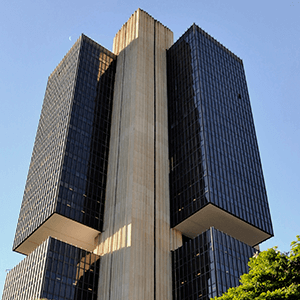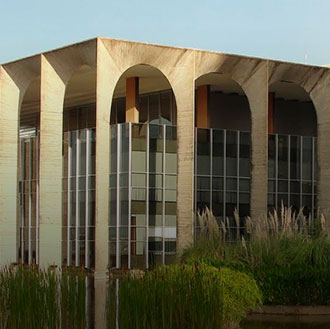Antitrust Litigation in Brazil: A Long and Winding Road
 Brazil’s competition law and policy has evolved significantly over the past two decades, and in particular since the Antitrust Law (Law No 12,529/2011) took effect in 2012. The same statement does not necessarily apply to antitrust litigation, despite its status as an enforcement priority during this time. This article provides an overview of the relevant legal framework and discusses recent developments and potential challenges for the implementation of an effective private and collective recovery system in Brazil.
Brazil’s competition law and policy has evolved significantly over the past two decades, and in particular since the Antitrust Law (Law No 12,529/2011) took effect in 2012. The same statement does not necessarily apply to antitrust litigation, despite its status as an enforcement priority during this time. This article provides an overview of the relevant legal framework and discusses recent developments and potential challenges for the implementation of an effective private and collective recovery system in Brazil.
Legal framework
Under Brazil’s Antitrust Law, victims of anticompetitive conduct may recover losses resulting from violations, in addition to an order to cease the illegal conduct. A general provision in Brazil’s Civil Code also establishes that one who causes losses shall indemnify those that suffer injuries.
Plaintiffs may seek compensation for actual damages and lost earnings. A limited number of precedents have established compensation for moral damages, and in such cases the decision regarded group damages. These decisions related to markets that affected a large number of end-consumers; ie, the sales of liquefied petroleum gas and bid-rigging. In other cases, compensation for non-pecuniary damages was denied for lack of evidence.
Similarly to other jurisdictions, both corporations and individuals may be sued individually (eg,by competitors, suppliers, and direct or indirect purchasers) or collectively for antitrust violations, but the majority of pending cases are against corporations.
“Historically, there have been relatively few damage claims for anticompetitive conduct in Brazils.”
Individual lawsuits are governed by the general rules set forth in the Brazilian Civil Procedure Code. Collective actions are regulated by different statutes that comprise the country’s collective redress system. State and federal prosecutors have been responsible for the majority of civil suits seeking collective redress, most of which have been related to consumers’ rights complaints. Any end-user or class end-user is entitled to bring an action against a cartel member, even where they were an indirect purchaser.
Finally, Brazil’s Civil Code and Consumer Protection Code set forth joint and several liability in the case of multiple participants in a violation, without apportionment.
Recent developments
Historically, there have been relatively few damage claims for anticompetitive conduct in Brazil. Developments in 2010 made that year a turning point, albeit one that marked the start of a relatively slow set of changes. That year, when deciding the industrial gases cartel case, CADE (Brazil’s Antitrust Agency) for the first time determined that a copy of the decision should be sent to potential injured parties to promote such claims.
Later, in 2018, CADE took additional steps to strengthen antitrust litigation, while preserving the incentives for leniency. First, Resolution No 21/2018 set forth rules on the disclosure of confidential documents after the adjudication of the case. Under such rules, highly sensitive materials (eg, corporate and individual confessions in the context of leniency and settlement agreements), are to be accessed only by the defendant and to be used solely to exercise due process rights before CADE. Third parties may exceptionally be granted access if expressly authorised by law, a specific court order, the leniency or settlement applicant, or through international judicial co-operation tools. Resolution No 21/2018 also provides that restitution of damages will be viewed as a mitigating factor in calculating fines or settlement sums.
In parallel, CADE prepared a draft bill with amendments to key provisions of the Antitrust Law, which after a congressional vote was ultimately enacted into law in November 2022. The Antitrust Litigation Law (Law No 14.470/2022 or hereinafter the “Law”) introduces the following changes to Brazil’s redress system:
Double damages – parties harmed by anticompetitive behaviour will be entitled to recover double damages, and that such rule does not apply to leniency and settlement applicants, which will only be responsible for the specific harm to which each gave cause. In other words, the confirmation of leniency and settlement benefits will also shield applicants from joint and several liability.
Pass-on defence – a defendant will have to show evidence that any illegal overcharges were passed-on by a plaintiff direct purchaser to indirect purchasers for the argument to prevail. This is a relatively new approach to the topic in the Brazilian legal system, as the pass-on defence is not allowed in claims related to consumers (end-users) in Brazil.
Statute of limitations – the statute of limitations for damages will be suspended while CADE’s investigation is under way, and that the limitation period is five years, which should be counted from the publication of a final decision by CADE finding a violation.
Injunction – a final decision rendered by CADE’s Tribunal may be used as evidence when requesting an injunction in a damage lawsuit.
Status and the way ahead
Since 1994, about 80 private lawsuits have been filed to recover damages in antitrust related claims (see here for more information). All of which, except three, trail decisions issued by CADE in connection with cartel investigations in the following sectors: refrigeration compressors, generic drugs, polyethylene, industrial gases, orange juice, steel rebar, liquefied petroleum gas (LPG), cement, hydrogen peroxides and cathode ray tubes. There is no information available in public sources on claims having been filed to recover damages arising from other types of anticompetitive conduct.
“Brazil’s antitrust litigation system is still in its infancy when compared to other jurisdictions.”
Between 2019 and 2020, decisions were issued by a first instance judge in 18 cases, 16 of which are private claims to recover damages arising from cartel conduct in industrial gases, steel, and cement. The remaining two are collective claims in connection with the industrial gases case (see here for more information). In all publicly available decisions, courts did not award damages because, reportedly, plaintiffs did not show sufficient evidence of harm. Brazilian’s Superior Courts and the Supreme Court issued decisions in only two of these cases, in which it reviewed, respectively, arguments on the statute of limitation and on the possibility of the reassessment of evidence by superior courts.
The amendments to the Antitrust Law and to CADE’s regulations overall strike a good balance between, on the one hand, protecting incentives for leniency and, on the other, ensuring greater clarity on the rules for restitution, which for quite some time were two of the key challenges for the implementation of an effective system of redress. At least two other important challenges remain. The first is the fact that CADE has not yet conducted an in-depth analysis of the damages that result from anticompetitive conduct and its decision is not sufficient to demonstrate or quantify damages. Without such guidance, there will continue to be significant variation in the damages awarded in court and limited predictability. The second challenge, related to the first, is the long time taken for these lawsuits to be resolve in court – sometimes over a decade. These developments show that Brazil’s antitrust litigation system is still in its infancy when compared to other jurisdictions such as the United States. The transition into a mature and tested set of rules and judicial decisions is a process that we are seeing now and, as in any such transition, it will not be without some turbulence.
The authors would like to thank Gabriel Jabur Bittar for his help with the research for this piece.
Click here to access the article on Chambers.
Image: StockSnap / Pixabay
















(1).jpg)



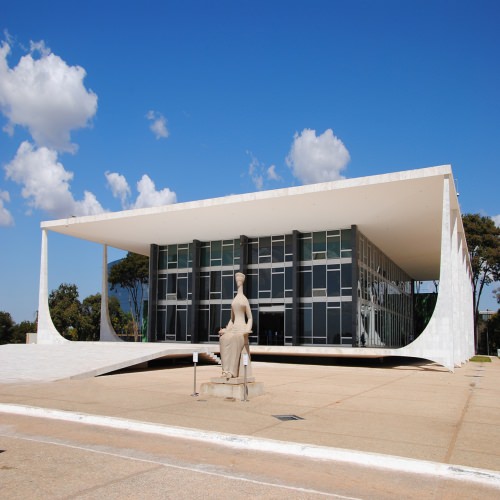
.jpg)
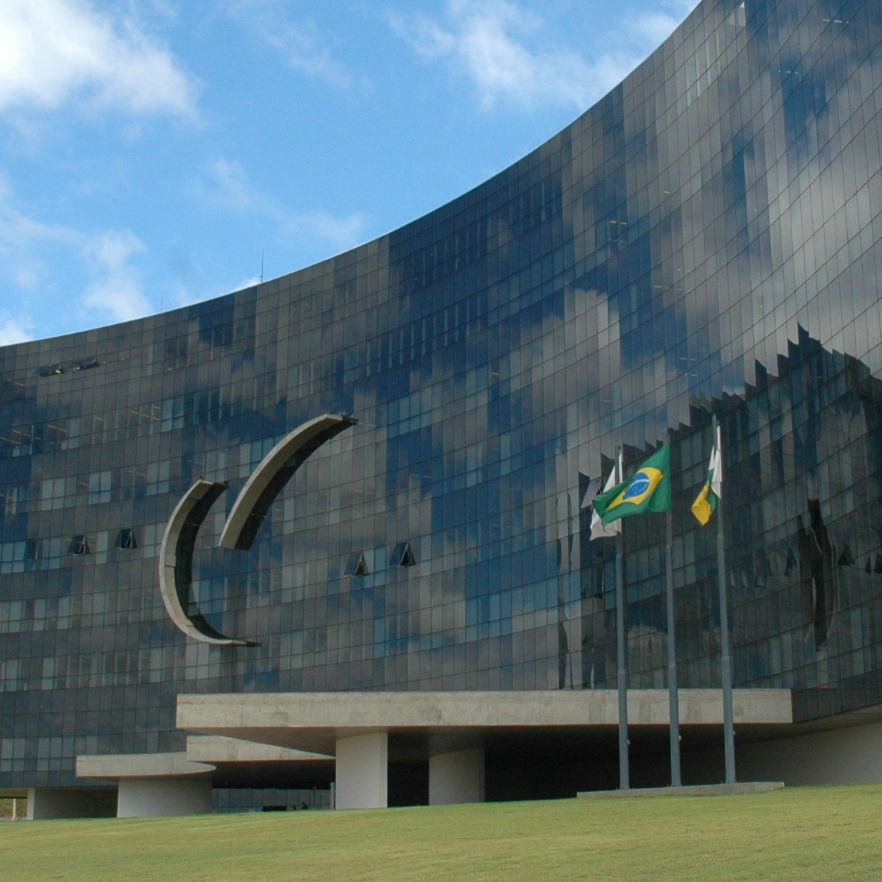
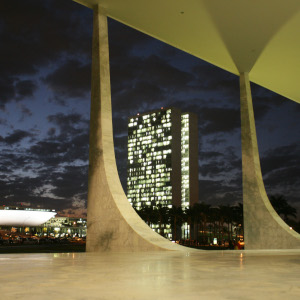
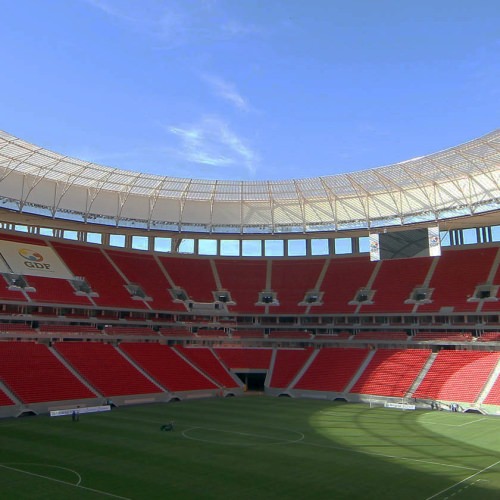

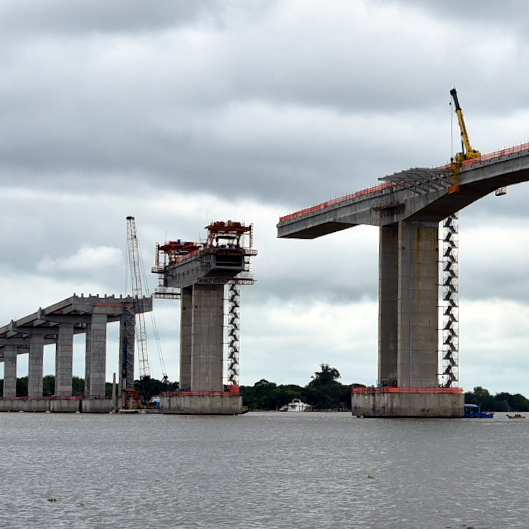
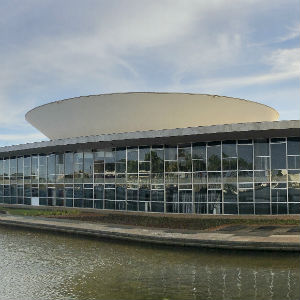
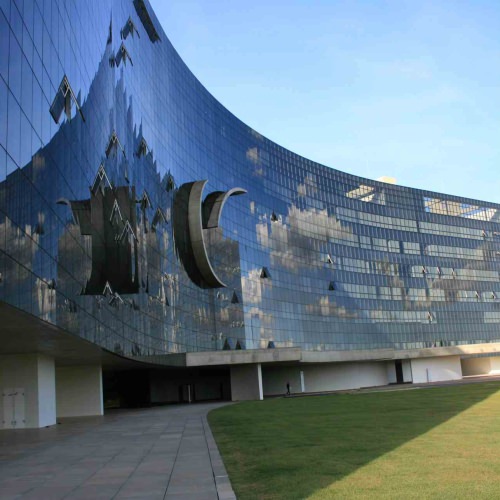
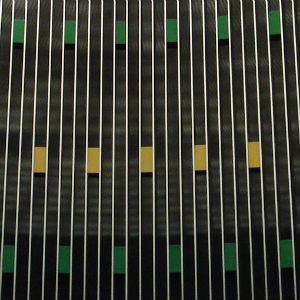
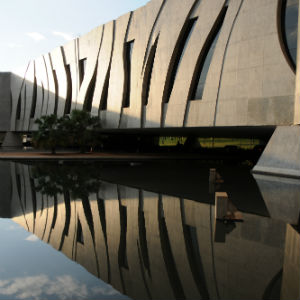

.jpg)
